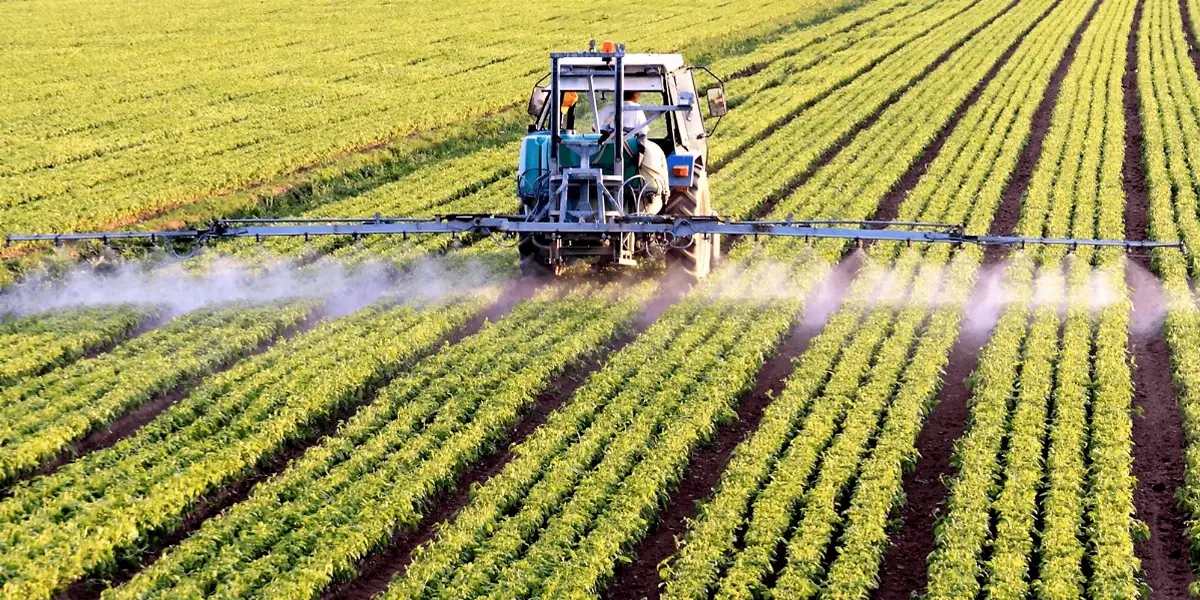
Do you want to access to this and other private contents?
Log in if you are a subscriber or click here to request service
Green Deal, with Bio at risk 30% of agricultural production
The survey by the University of Wageningen outlines the possible scenarios caused by cutting pesticides

To combat climate change and the loss of biodiversity, the policies of the European Green Deal aim at a reduction in the use of pesticides and nutrients for plants and an increase in organic production. A scenario that would however have not insignificant consequences for farms, for which a future characterized by drops in production, reduction in crop yields, possible increase in prices, increase...
hef - 23172
EFA News - European Food Agency
EFA News - European Food Agency